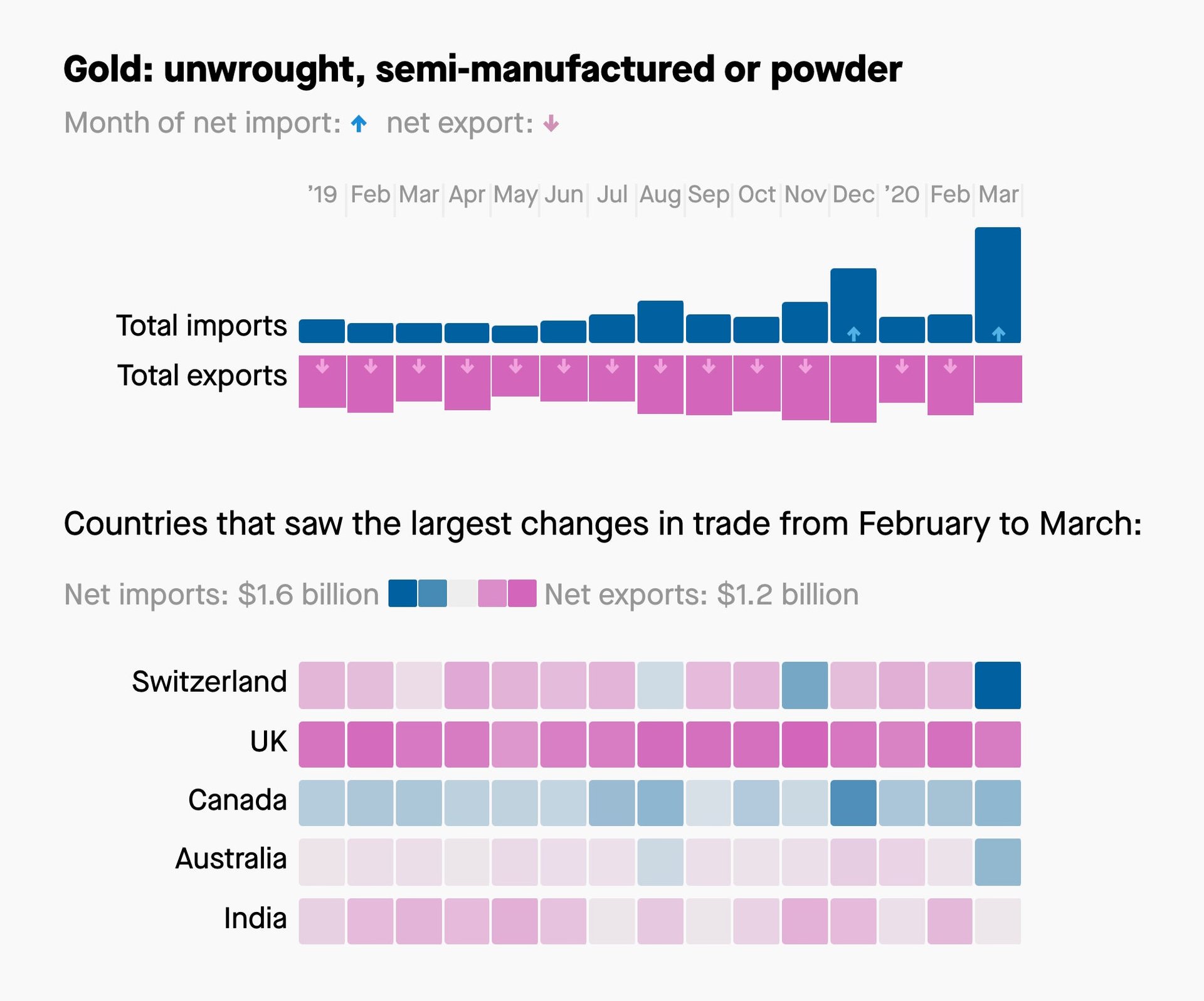Testing in Wuhan, Disneyland in Shanghai, island booths
Good morning, Quartz readers!

Good morning, Quartz readers!
Here’s what you need to know
Wuhan will ramp up testing after a new outbreak. Every district in the city has been ordered to draw up detailed plans for 10 days of widespread testing after authorities reported a cluster of five cases from a single residential compound. Wuhan hadn’t had a confirmed case since April 3.
Disneyland Shanghai reopened through the magic of disinfectant. The park has capped visitor numbers at 30% of normal capacity, imposed mask, glove, and social distancing requirements, and hired an army of cleaners to wipe down surfaces throughout the day.
SoftBank’s revenue grew slightly, despite WeWork. In its earnings forecast for the year ended March 31, the company announced a 4% increase in revenue even after taking a $6.5 billion loss on its investments in WeWork. CEO Masayoshi Son had said in April he expects 15 companies in his Vision Fund to go bankrupt during the pandemic.
Coty agreed to sell control of its cosmetics business. Investment firm KKR will take the reins in a $4.3 billion deal that includes brands like Wella, Clairol, and OPI.
Bitcoin halved. From today, the miners who solve complicated math problems to create new currency will only get half as much Bitcoin as a reward. This happens at regular intervals, and some investors think the change is already priced into the market—but others think Bitcoin prices could surge as a result.
Pandemic-proof
Are certain companies immune to the effects of a struggling global economy, or even boosted by today’s state of affairs? Recent stock market moves and funding rounds show that not everyone’s sweating it.
🚲 Up 51% in 2020: Six months after its “wife” ad sparked widespread backlash, Peloton’s stationary bike system doesn’t seem like a bad gift idea after all.
🚢 $13 million richer: Indian shipping logistics startup Shiprocket nabbed enough in a new round of funding to expand its operation overseas.
🍿Up 40% in one day: Sure, AMC Entertainment’s stock plunged 50% in the past few months—until unconfirmed reports said that a seriously pandemic-proof company might buy it.
Charting surplus-to-deficit switches
US trade plunged in March, with the nation buying 6.5% less goods than a year prior and selling 9.2% less to other countries during the same period. The shakeup caused some of the country’s trade deficits to become surpluses and vice versa.
Gold was a hot commodity. The US imported $3.1 billion in non-monetary gold in March, quadrupling the $770 million it bought in February and reversing the trade balance.

Quartz Things reporter Youyou Zhou also charted products that went the other way around, from deficit to surplus.
What could you see at your next IRL conference?
- medical grade disinfecting UV LED lights
- cleaning robots
- on-site telemedicine
- fever sensors
- buckets of hand sanitizer
Perhaps now’s the time to ask the question of why you’re gathering in the first place (✦ a Quartz member exclusive).
We’re obsessed with rainbows
The rainbow is a natural and cultural phenomenon. You can see it in tye-dye fashion, LGBTQ symbolism, Snapchat rainbow-vomit filters, and a viral YouTube video from “Double Rainbow Guy” Paul Vasquez. (He died on Saturday.) The colorful combination of sunlight and raindrops has found its way into human art at least as far back as Homer’s Iliad in 762 BC. See all the colors in today’s Quartz Daily Obsession.
You asked about government debt
In simple terms, how are governments getting the trillions of funds being disbursed, when they are already carrying heavy debt burdens? – Noel
We turned to Quartz reporter Tim Fernholz, who recently wrote on this subject (✦ a Quartz member exclusive). “Investors are lending governments the money and central banks are helping them out. Despite austerity propaganda and debt piling up on public balance sheets, savers around the world aren’t stressed about buying government bonds, especially at a time when private investment has dried up,” he said. “Advanced economies that control their currencies, like the United States, Japan, the UK and China, have earned the trust of investors who believe their central banks will raise interest rates to quash inflation before it gets out of hand, and that their governments will raise taxes to cover interest payments.”
“That doesn’t mean that these governments can print infinite money—it is just a recognition that the actual constraint on government action is the real resources in the economy, not a shortage of the bills it prints in a large building downtown. But it does imply that countries that don’t borrow in their own currency can have trouble with debt. Many developing nations issue bonds in US dollars or lack a history of central bank independence will struggle with the economic consequences of the pandemic. The IMF and World Bank are already preparing for an emerging market financial crisis.”
Surprising discoveries
Amazon built a killer robot to zap coronavirus dead. The contraption is designed to tote powerful UV lights capable of destroying microbes down the aisles in stores and warehouses.
Science can prove that websites all look the same now. Researchers used AI algorithms to study 10,000 websites published since the early aughts and confirmed they’ve gotten more uniform.
Viagra ads raise birth rates. A study of births and drug marketing illustrate how medical ads can affect more than just consumers’ purchasing decisions.
An 11-year-old boy broke a skateboarding record. Gui Khury, of Brazil, became the first person to perform a 1080-degree turn on a vertical ramp.
You can go to a beach on a Greek island. But you’ll be surrounded by plexiglass.
Our best wishes for a productive day. Please send any news, comments, skateboard tricks, and killer robot schematics to [email protected]. Get the most out of Quartz by downloading our app on iOS or Android and becoming a member. Today’s Daily Brief was brought to you by Susan Howson, Youyou Zhou, Tim Fernholz, and Nicolás Rivero.